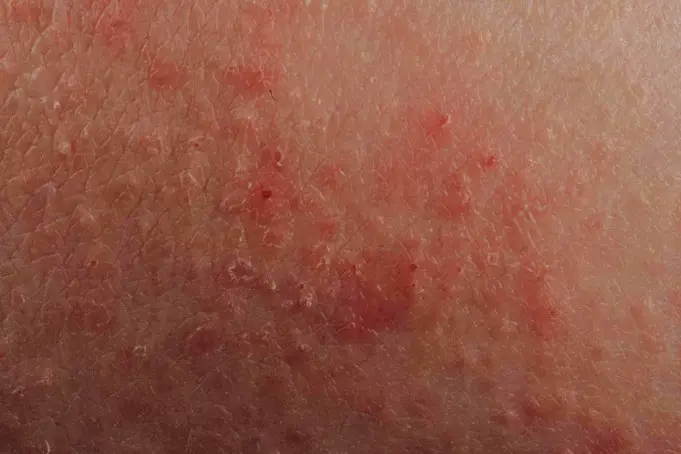Eczema is a common skin problem that affects a lot of people, it is not regarded as a single health condition but it is rather viewed as a symptom of skin diseases or allergies. Health experts believe that eczema is a reaction the skin produces when going through some diseases.
It usually begins as a tiny red and raised blister. The blisters contain fluids, which eventually breaks open and lead to weeping skin and oozing of liquids.
Older or chronic eczema is characterized by a thickened and elevated skin with scales. Eczema makes the skin very itchy and it leads to a lot of discomforts and it also mares the appearance of your skin.
Causes of Eczema
The main reason eczema occurs is not known and besides, they are different types of eczema with different triggers but there are some factors that have been established as triggers and risk factors for eczema and some of them are;
- Hormonal changes (this is stated to cause eczema during pregnancy and sometimes during certain points in a woman’s menstrual cycle),
- Irritants and allergens (like dust mites, soaps, pets, detergents, pollens, shampoos, molds, disinfectants, dandruffs, and chemicals),
- Stress, though not a direct cause of eczema, it can aggravate it and worsen the condition
- Microorganisms including fungi, viruses, and bacteria like Staphylococcus aureus can cause eczema.
- Foods like conventional dairy products, soy and soy products, eggs, wheat and other food allergens can cause eczema flare-ups.
- Temperatures, a very hot or cold weather, sweat from exercises and high or low humidity can cause eczema outbreak.
- Family history and genetic predisposition
- Problems with your immune system such as overreaction of your immune system
Skin Diseases that Cause Eczema
There are a lot of skin conditions that cause eczema as symptoms; some of them are:
- Seborrheic dermatitis, which is characterized by rashes that are oozing and weepy. It can appear in some parts of the body or all over the body.
- Atopic dermatitis, this condition is usually genetic and it produces eczema as a sign. It begins at childhood or early teenage age, those who are predisposed to inhalant allergies are more prone to this condition than others.
This is not an allergic reaction, and it is characterized by the appearance of rashes on specific body parts like the cheeks, the elbows, neck, ankles, and the creases of the knees.
- Dry skin, also known as xerotic eczema is characterized by a cracked skin and it oozes out liquids when the skin is excessively dried.
- Irritant dermatitis is an allergic reaction that occurs when the skin is regularly exposed to toxic substances and detergents.
- Nummular eczema, this is characterized by coin-shaped plaques and scales that appear on the lower legs. It is more common in aged individuals.
- Allergic contact dermatitis, caused by repeated exposure to toxins, and allergens causes dermatitis and eczema. Poison ivy allergy is an example of allergic contact dermatitis.
- Lichen simplex chronicus, this skin disease produces thick plaques on the skin and this is m=normally found on the neck and shins.
- Stasis dermatitis, this condition is caused by poor circulation of blood in the veins of the legs. This rash occurs on the lower legs which are usually swollen.
- Dyshidrotic eczema, also known as pompholyx, this skin condition is common but it is not properly understood. It affects the hands mostly and in rare cases, the feet.
It is characterized by itchy rashes that are composed of tiny blisters, on the sides of the fingers, palms, soles, or toes.
- Scabies, the itch mite is responsible for causing this infection and this produces a rash that is very similar to eczema.
- Fungal infections also lead to eczema.
Signs and Symptoms of Eczema
- Itching
- Rashes spread and cover a large area on your skin
- A bumpy skin (small and rough bumps on the skin)
- Skin infections can develop in some cases
- Elevated plaques
- Skin eruptions that ooze out liquids
- Dark or colored patches on the skin
- Swellings and inflammation
- A very dry and sensitive skin
- A red and inflamed skin
- Scaly, rough, and leathery patches on your skin
- Crusting and oozing from eczema sores
- The skin becomes sensitive from scratching
Effective Home Remedies for Eczema
Application of topical steroid creams is the conventional treatment of eczema, sometimes, systemic steroids can be given intravenously or orally.
Each type of eczema requires its own treatment because they have different causes. Those caused by fungi and scabies are the easiest to cure and they are the only type of eczema that are contagious while allergic contact eczema can be cured when the allergen causing it is identified and removed.
Below are effective remedies for any type of eczema, they heal the skin and relieve inflammation and other symptoms of eczema.
Coconut Oil
Coconut oil is dense in many amazing antimicrobial and antiseptic properties. It also moisturizes the skin and fights dryness, thereby reducing the risks of eczema. It fights all types of dermatitis and it relieves the symptoms of this conditions. It eliminates the redness, irritations, dryness and scaling in a few days when used regularly on the affected skin part.
Slightly heat the coconut oil and apply this warm oil on the affected skin part. This will soften the skin and heal it. Make sure you use pure virgin coconut oil and do this many times a day and at night before going to bed.
Licorice Root

Licorice root or licorice root extract is a popular herbal remedy for skin problems like eczema and inflammations of the skin, this is due to the powerful anti-inflammatory properties of this herb.
Get the root extract or the powder and mix it with warm water to form a paste. Apply this paste on the skin rash and wash it off after 20 minutes. Do this twice daily.
Neem
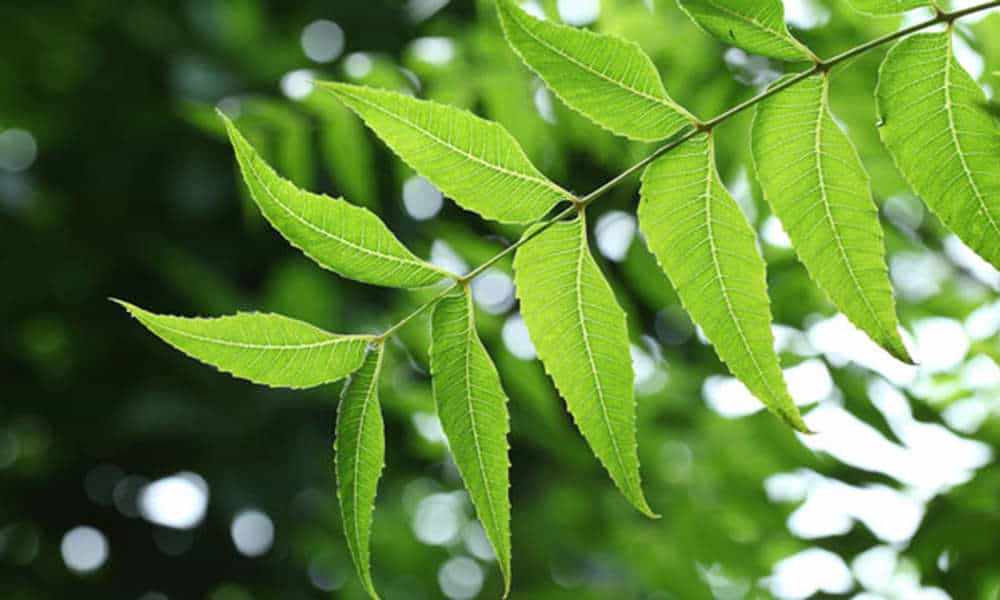
This is an effective remedy for all types of dermatitis. It heals the skin and restores its elasticity, it fights harmful microbes and protects the skin form infections. Drink neem leave tea or decoction many times daily to treat it from the inside. You can also apply the tea to the affected skin part using a cotton ball, and then you wash it off when dried.
You can apply neem oil on the irritated skin, or you add few drops of this oil to your bath water and soak in it for at least 20 minutes. Do this every day and you will get relief from eczema.
Another way to use neem for the treatment of eczema, get fresh neem leaves and crush them, add turmeric root and crush it together with the leaves or you can use the powder. Add a teaspoon of sesame or coconut oil to this mixture and mix it properly.
Apply this paste on the inflamed skin part and let it remain on your skin for hours and then you wash it off. Do this once every day.
Jojoba Oil
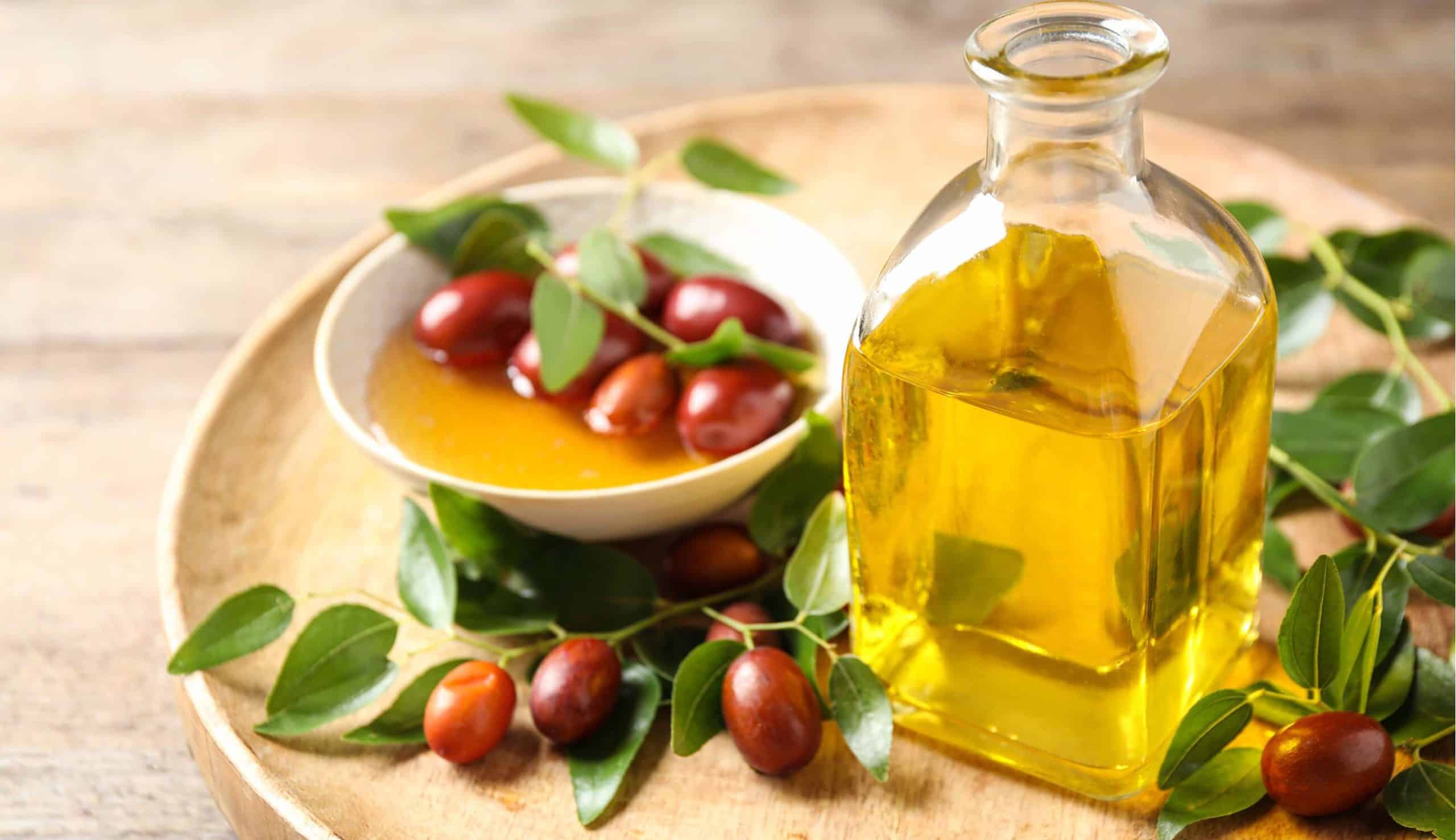
This is a common natural remedy for a lot of skin problems and conditions. This oil is said to resemble the human sebum and that it why it can treat a lot of skin problems, from sunburns to serious infections.
Apply this oil directly on the eczema region and leave it to dry off. You can also mix it with essential oils which you apply on your skin to dilute them. Do this three times daily.
Oatmeal

Oatmeal is a powerful home remedy for a lot of skin problems. It treats skin inflammation, itching, rashes, and irritations. It also prevents dryness of the skin by keeping your skin moisturized.
Get ground oatmeal and add one cup of this to your bath water. Soak in this for 20 minutes. Do this once every day until you see a positive result. You can also make a paste by mixing oatmeal with water and apply this paste on the affected skin part. Leave it till it dries off completely and then you wash it off. Do this once daily.
Fish Oil
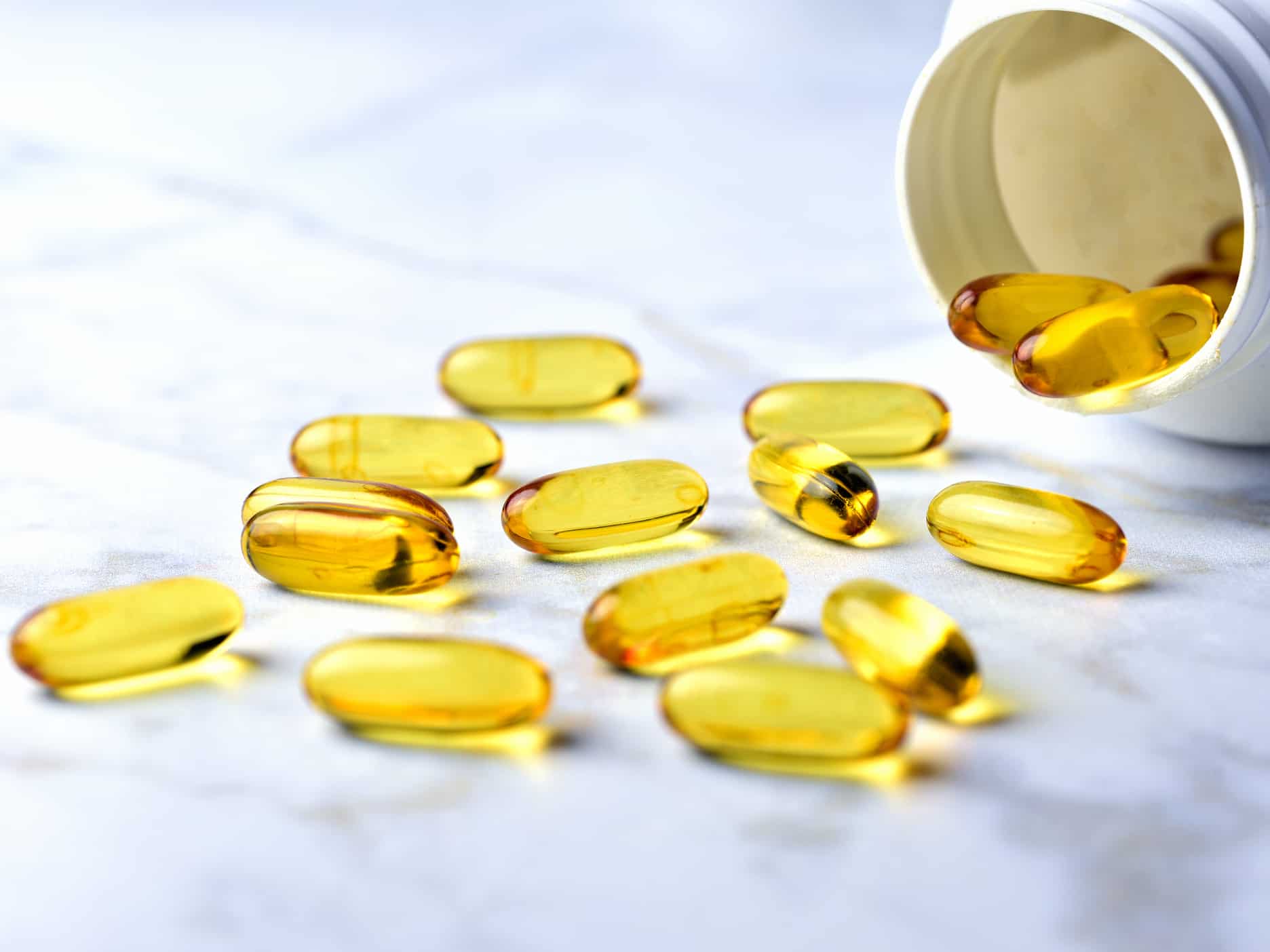
Fish Oil also known as Cod liver oil has a lot of omega-3 fatty acids that benefit the skin. A study proved that given this supplement to kids during their childhood prevents eczema in their adulthood.
Cod liver oil contains n-3 polyunsaturated fatty acids, this nutrient plays a critical role in the prevention and treatment of eczema. Wild caught fatty fishes like salmons, herrings, mackerel, and sardines are rich in this nutrient. You can also get in supplements from any health store.
Chamomile Flowers
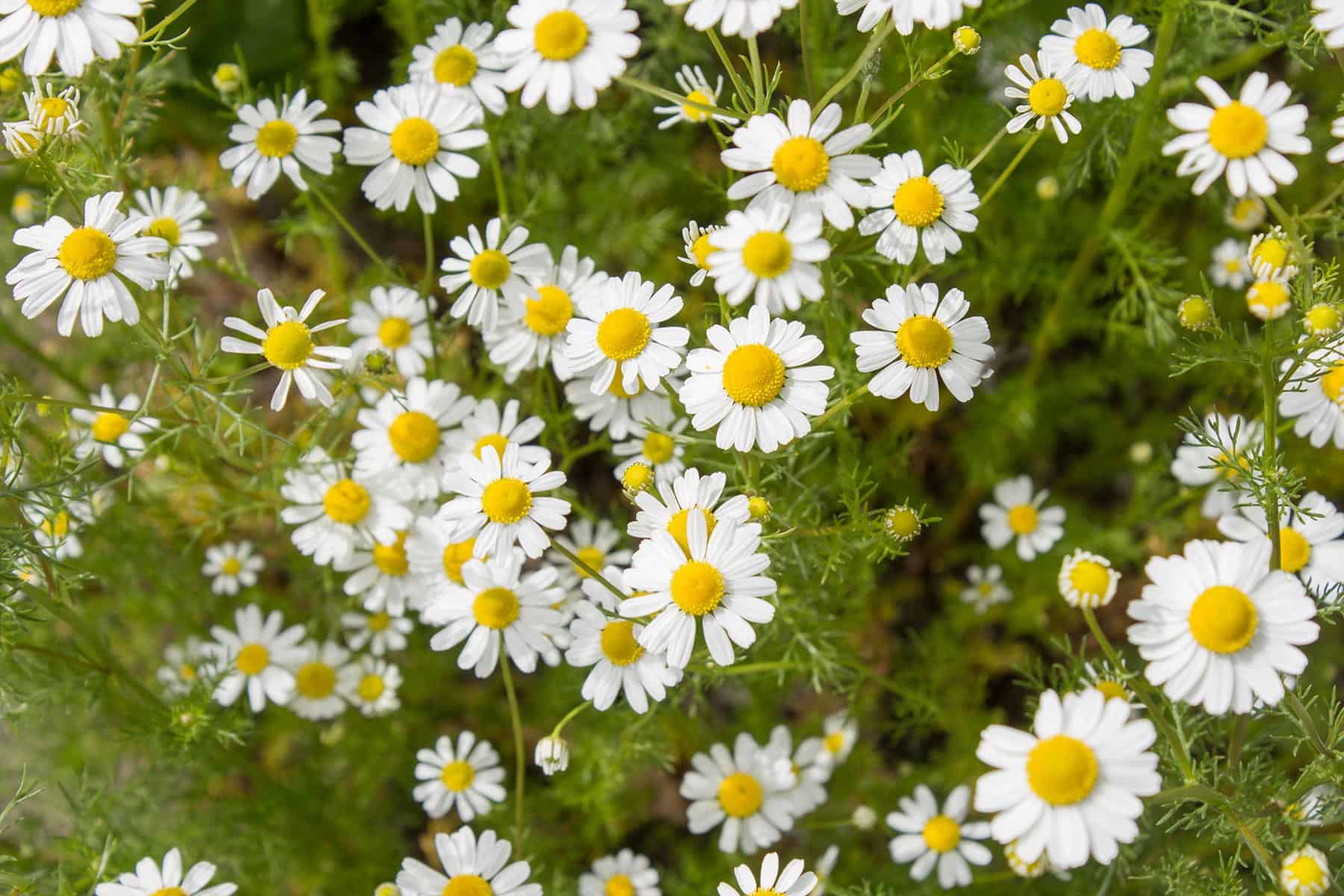
Chamomile flowers have therapeutic properties and they are used in treating skin problems and inflammation. They hasten healing and soothe the skin.
Boil a cup of water and put three chamomile flowers inside it and leave for 15 minutes. When this solution gets cold, use a clean cloth and apply this tea on the affected skin part, let it sit for at least 20 minutes before you wash it off.Do this many times every day and you will see satisfactory results.
Probiotics
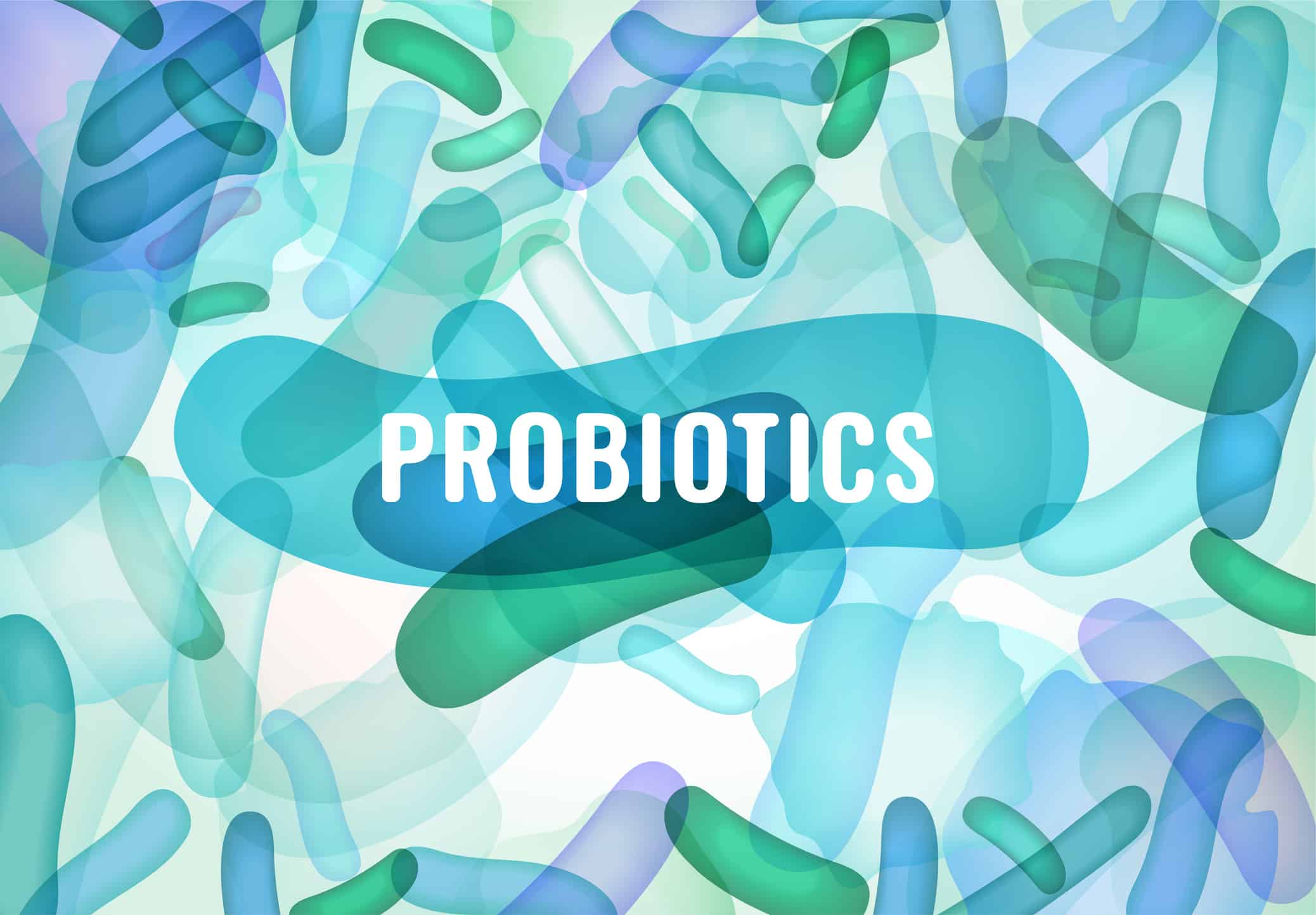
Healthy bacteria help eliminate harmful from the body that causes skin problems and other diseases. These beneficial microbes boost the overall health of an individual.
Studies have shown that probiotics kill specific strains of some microbes that cause eczema. Kids who are feed with probiotics till the age of two years old have had a lesser risk of eczema as adults, studies proved.
Even kids, whose mothers had allergic skin dermatitis and other conditions had a lesser risk of eczema and some of these conditions because they were feed probiotics at their early childhood till the age of two years old.
Apple Cider Vinegar
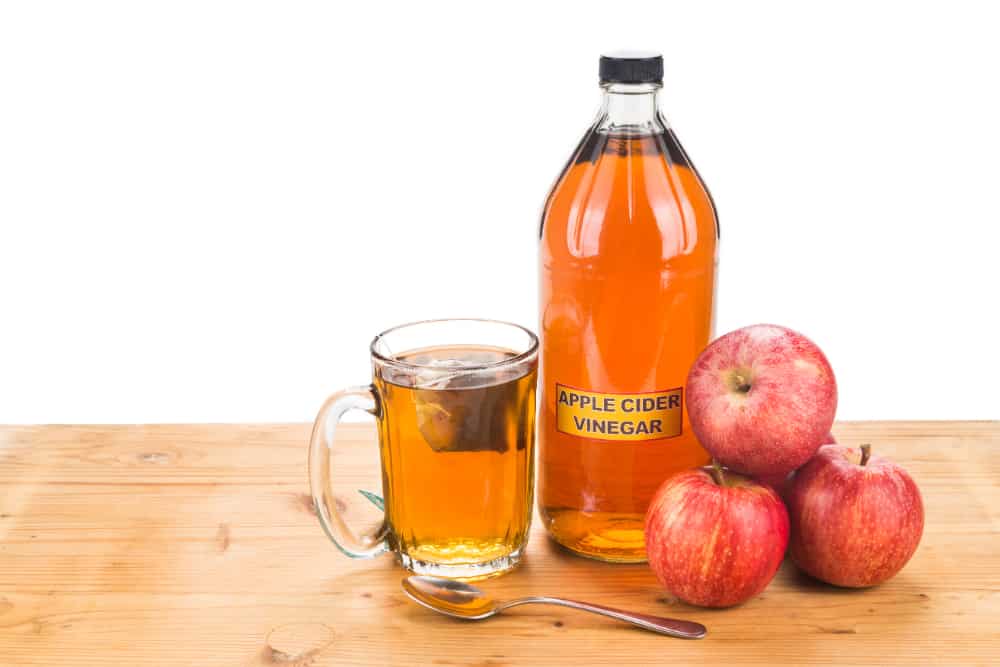
This is another powerful remedy for eczema and other skin conditions. It has antiseptic and antimicrobial properties and it also helps stop inflammation and itchiness. It prevents the spread of this eczema to other skin part and it hastens healing.
Mix apple cider vinegar and water in equal amounts and use a cotton ball to rub this mixture on the rash and irritated area. Let it sit for about thirty minutes and then you wash it away and dry your skin.
Also take two tablespoons of apple cider vinegar three times daily, you can add this to a cup of water or any homemade fruit juice of your choice. This will treat it internally.
Vitamin D
This vitamin boosts the immune system and it helps prevent flare-ups and other skin allergies. It also fights inflammation and reduces the risks of developing eczema.
Rich sources of vitamin D are organic eggs and poultry, salmons, sardine, cod liver oil, raw and unpasteurized milk, and sunlight. High levels of vitamin D during pregnancy and early childhood reduces the risk of eczema and other inflammatory skin conditions.
Turmeric
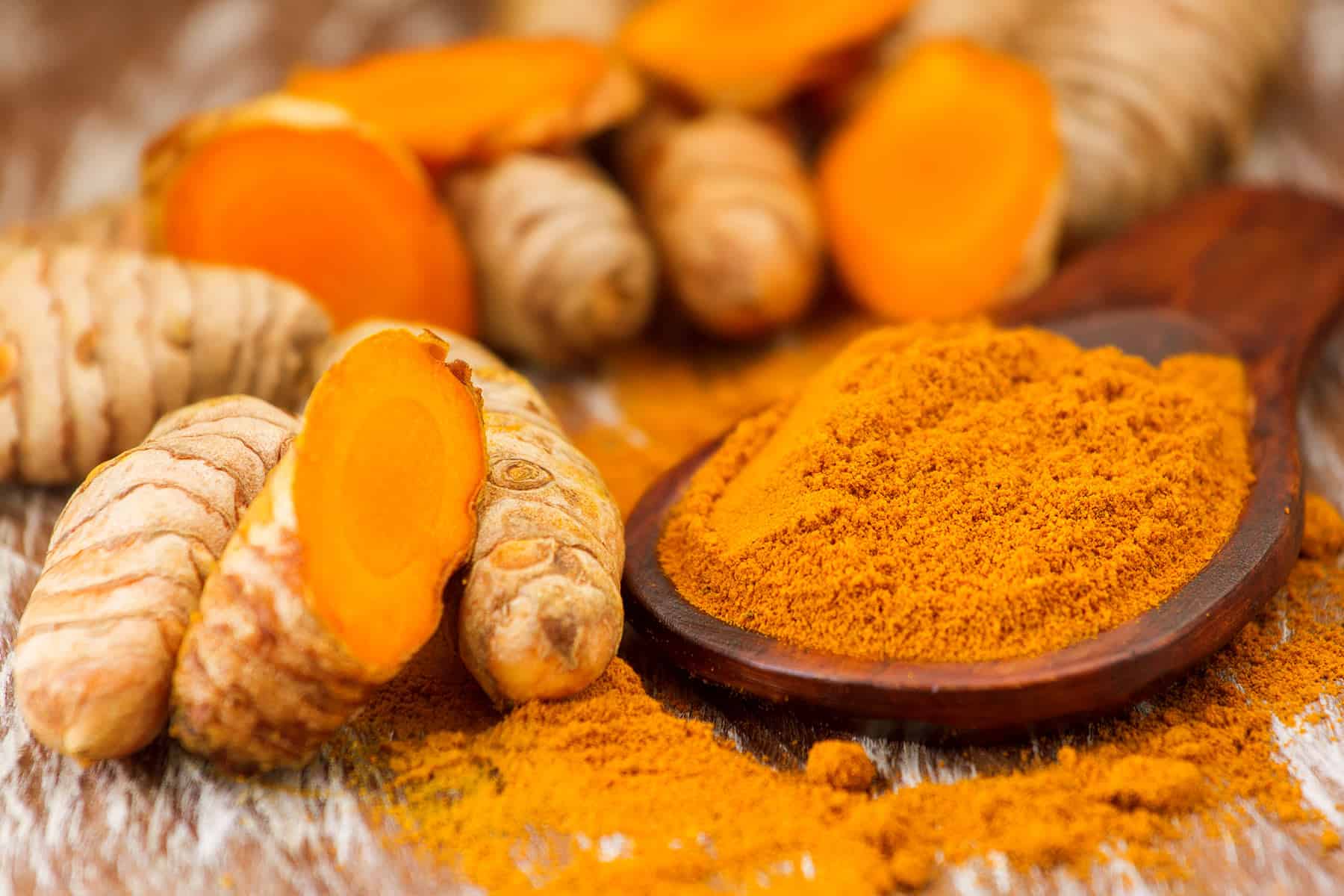
This powerful herb treats a lot of skin problems and infections, its antiseptic properties inhibit the actions of microorganisms. It heals the skin and relieves inflammation and other symptoms of eczema.
Crush fresh turmeric roots or you can make use of turmeric powder. Boil the solution and drink it when warm to fight eczema from within. You can also use this tea on the affected area, you wash it off when dried. Do this every day.
Sea salt
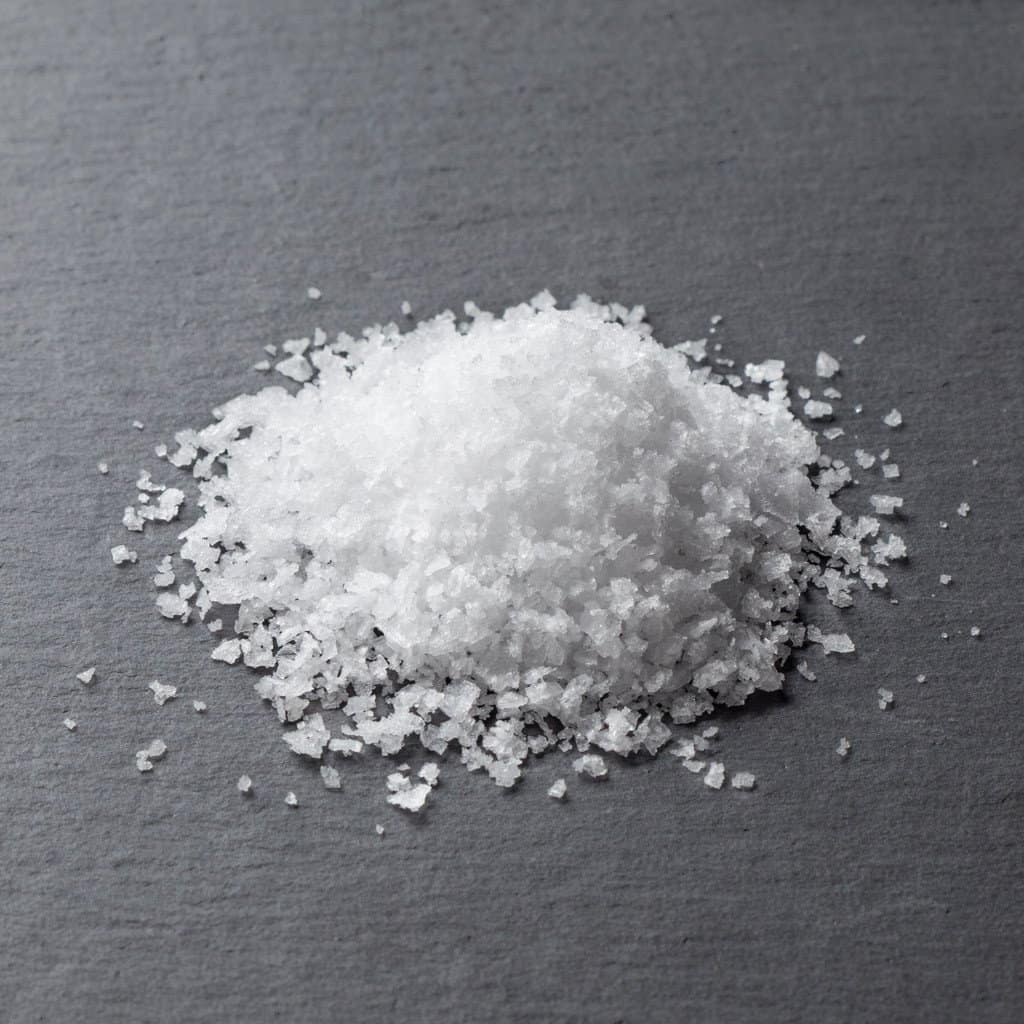
This remedy relieves severe itching. It treats oozing blisters and helps to dry them up. Add one teaspoon of sea alt to a cup of warm water and stir very well so that everything dissolves.
Use a cotton ball and apply this mixture on the affected skin part or you pour it into a spray bottle and spray it on the eczema region. This gives relief from the terrible itch that comes along with severe eczema.
Aloe Vera

This is a widely used herbal remedy for a lot of skin problems and infections. It is rich in various therapeutic compounds that both fight off harmful microbes and heal the skin.
It restores the pH of the skin and fights all the symptoms of eczema; it relieves inflammation, irritations, itching, and dryness. It also kills harmful microbes that may be behind this problem.
Get fresh aloe vera gel from the leaves of aloe vera and apply it directly on the affected skin part. Do this many times daily and you will see a great improvement. Aloe vera juice, when taken internally, treats eczema from within, it also heals the skin and makes it healthy, and also gives the skin a healthy and natural glow.
Horsetail
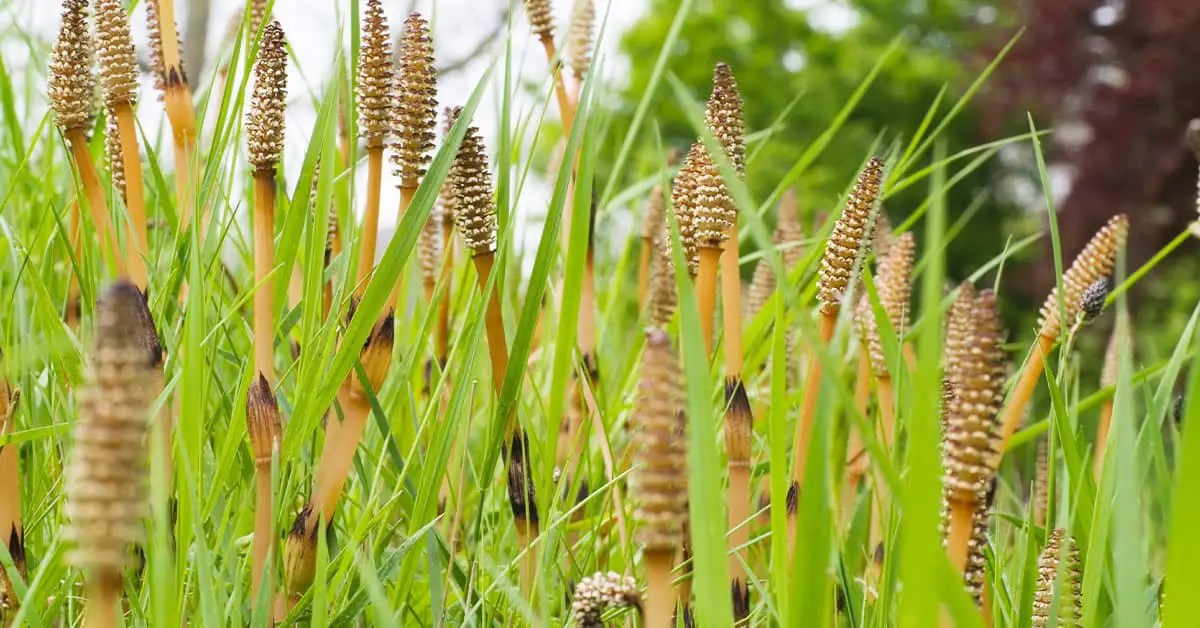
This amazing herb is used in the treatment of eczema because of its powerful anti-inflammatory properties. It also relieves the pains, itching, and rashes that come alongside eczema.
Its rich content of silicon helps in the repair of the skin because the body uses this mineral in making collagen, the protein that the skin is made of. This restores the skin, boosts its elasticity, and increases its muscular tone.
When taken internally, it helps in the regeneration of healthy skin cells and tissues, and it also improves the texture, tone, and strength of your skin. It relieves the symptoms of eczema, it boosts the circulation of blood to your skin and it repairs your connective tissues. Add dried horsetail leaves to boiling water and leave it to boil for 15 minutes.
Let the water cool down and then you place a clean cloth or towel in it and squeeze it lightly and then you apply it on the affected part. Leave it on your skin for at least 15 minutes. Repeat the process like three times. Do this three times every day until this condition is reversed.
Slippery Elm
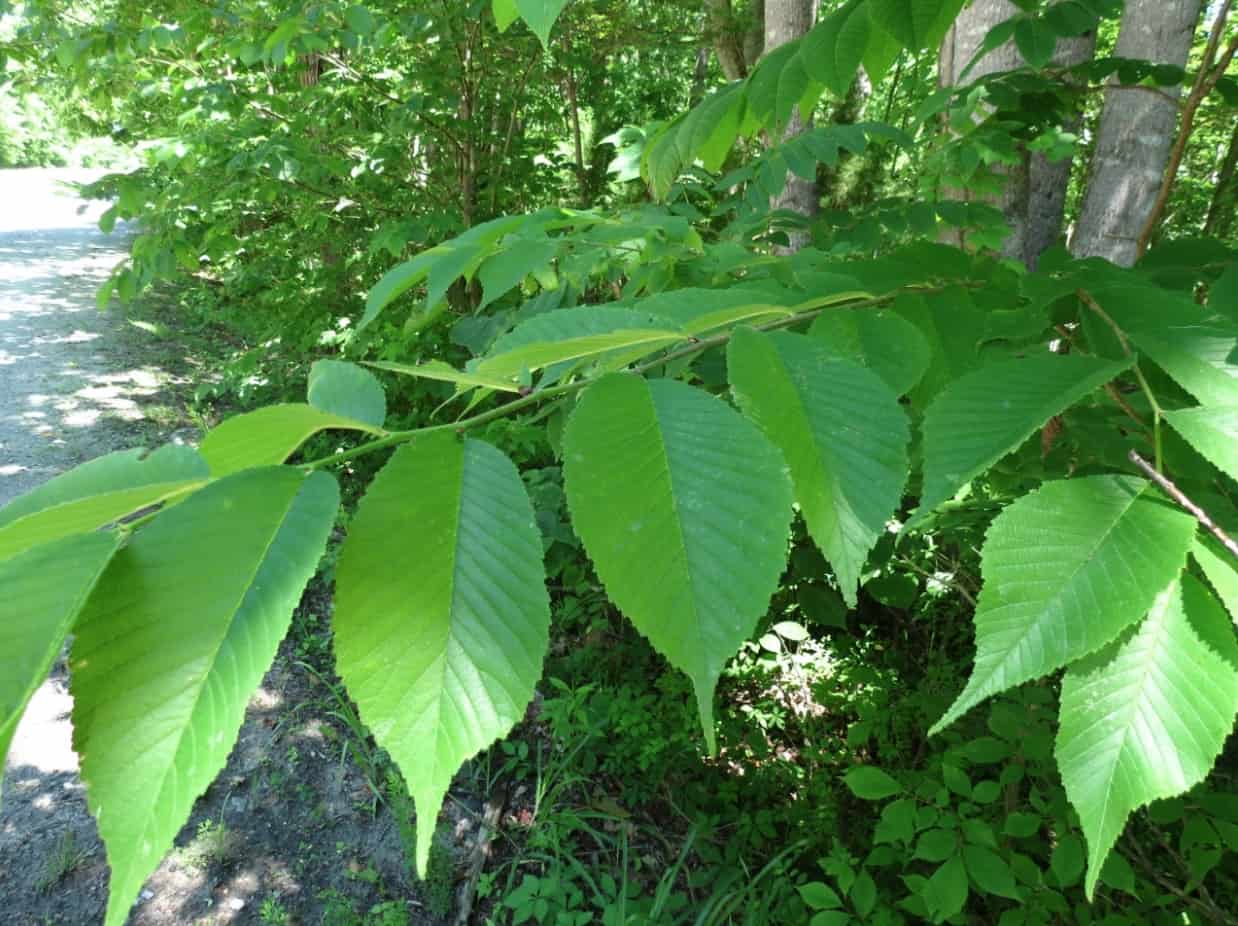
This is a widely used herb for dermatitis and other skin conditions that lead to eczema. It has a high content of mucus which helps to moisturize the skin and promote healing. Get fresh leaves of slippery elm, wash them and grind them till they form a paste, apply this paste on the eczema region and leave it on your skin till it dries off completely. Do this three times every day to see fast results.
Hempseed Oil

This heals a lot of skin conditions and problems because it has a high content of fatty acids and immune-boosting properties. It can be used both internally and externally. Consuming it orally will treat it from within while topical application will relieve the symptoms and hasten healing.
It relieves itchiness, dryness, and inflammation and it even reduces the need for medications and steroid creams. You can get this from health stores, most of the ones available do not contain THC, the psychoactive component of the plant.
Vitamin E
This one of the best home remedies for eczema, it hastens healing of the skin and reverses this condition. It relieves itching, inflammation, and dryness and it restores the health of the skin.
Buy quality vitamin E oil from any health store close to you and apply it directly to eczema affected skin part. Also consume lots of foods that are rich in vitamin E, examples of these foods are peanuts, sunflower seeds, dark green vegetables, and wheat germ.
Tea Tree Oil
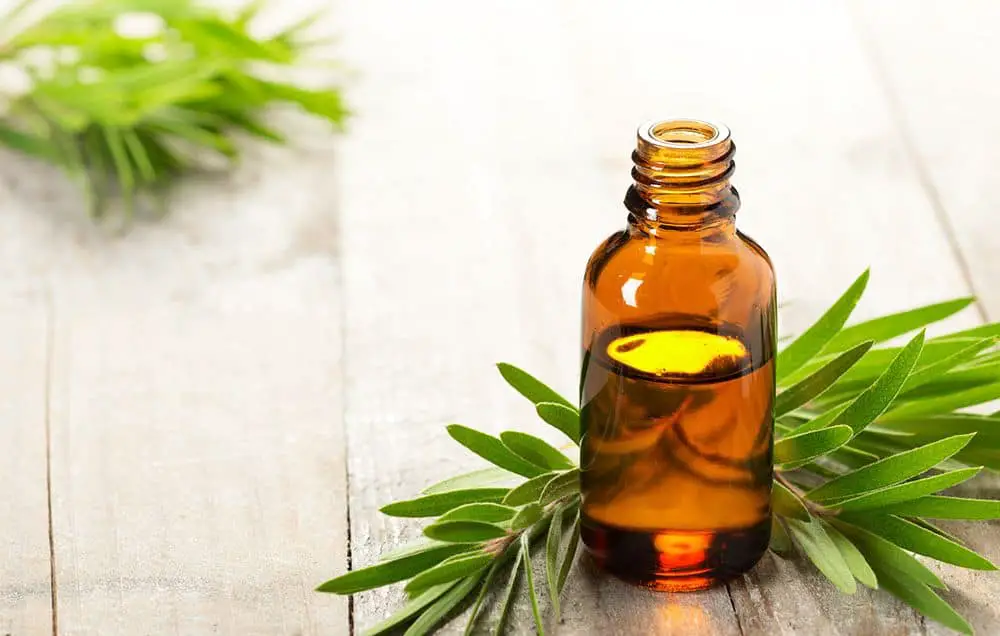
The antiseptic, anti-inflammatory and antimicrobial effects of this herb make it a powerful treatment for eczema and a lot of skin problems and infections.
It heals the skin, it prevents it from spreading and covering the body, it protects your skin from damages, and it fights off infections and inflammations.
Dilute this essential oil with coconut oil and apply this blend directly on the affected ski part. Do this three times daily. Treat eczema that has spread all over your body by combining tea tree oil and extra virgin olive oil, or almond or coconut oil. Add this oil blend to your bath water and soak inside it for at least 20 minutes. Do this twice every day till you get the desired results.
Witch Hazel
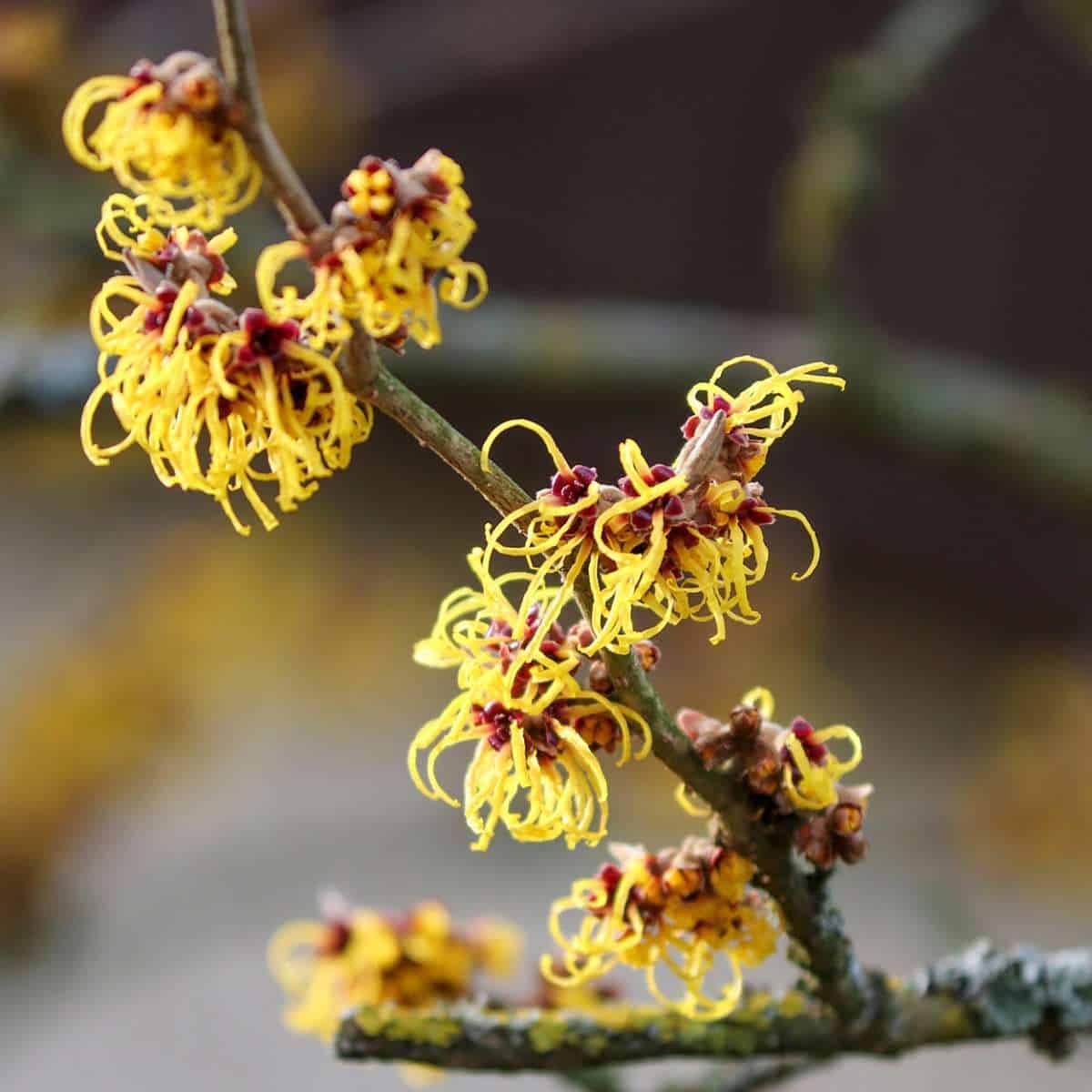
This wonderful herb works like magic when it comes to the treatment of inflammation and infections. It is effective in treating a lot of skin problem. It contains tannins that are effective in treating atopic eczema in both adults and children. It relieves itching, redness, and inflammation.
You can buy the leaf, bark or solution from any health store. Dilute the solution with water, and if you got the bark or the leaf, add them to water and use this solution to wash eczema infected skin part. You can also add them to wet compresses to boost its effectiveness. Do this many times daily.
Raw Honey

This powerful natural remedy fights eczema and heals the skin; it relieves inflammation, itchiness, and other symptoms of eczema and it has a strong antimicrobial property that can kill the causal microorganism causing this inflammation.
Apply raw honey directly on the affected skin part, you can mix it with apple cider vinegar, coconut oil, beeswax, or olive oil. If you are mixing honey with any of these, you have to warm the mixture slightly.
Apply the warm mixture on the affected skin part and leave it your skin for several hours before washing it off. Do this several times daily and you will see positive results. Manuka honey is effective against radiation-induced eczema and dermatitis, apply manuka honey on it twice every day.
Lavender Oil
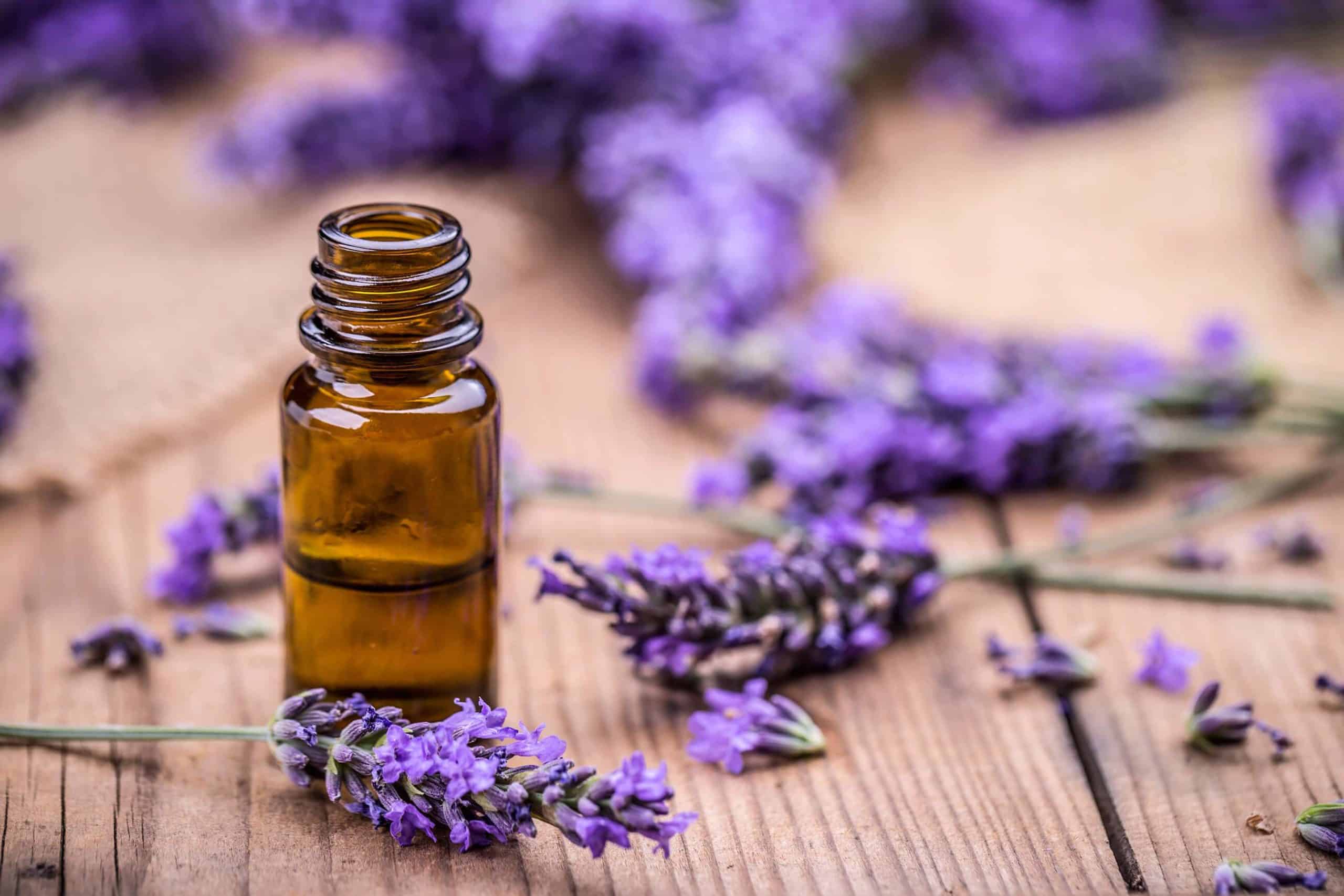
Lavender essential oil treats a lot of skin problems even though it is mostly used to relieve stress and uplift moods. It treats skin inflammations and irritations, it relieves other discomforts caused by eczema, especially the itch.
Add few drops of this oil to your bath water and soak inside it for at least 20 minutes. You can also dilute this essential oil with water or coconut oil and apply this on eczema using a cotton ball.
Let it dry off before washing it off. Do this once daily. Other natural remedies you can try are baking soda, flaxseed, clay, cornstarch and oil, evening primrose oil, calendula, rice water, St. John’s Wort, garlic, Acacia Arabica, horse chestnut, marigold, chickweed, and marshmallow.
How to Prevent Eczema?
- Keep your skin moisturized and hydrated always because dry skin is more prone to eczema than other skin types
- Use gentle soaps and skin care products
- Identify your triggers and try to avoid or eliminate them
- Wash your hands regularly to avoid infections
- Take shorter baths and use warm or lukewarm water, rather than hot or cold water.

